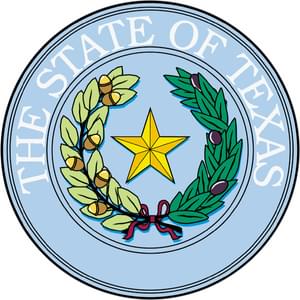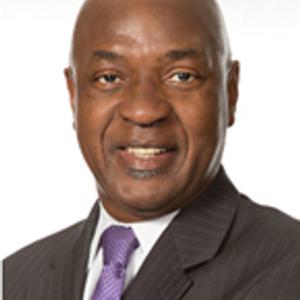The Maryland Commission on Capital Punishment began hearing testimony from a wide variety of witnesses on issues related to the state’s death penalty system. After gathering information regarding matters such as possible racial, geographic and socioeconomic disparities, on costs, and on the risks of executing the innocent, the 23-member Commission will offer recommendations to the General Assembly to ensure that Maryland’s use of the death penalty is “free from bias and error” and achieves “fairness and accuracy.”
Among those who spoke to the Commission on the first day of testimony on July 29 were two men whose brothers had committed murder. One was sentenced to death, the other to life, though looking at the crimes and the mitigating circumstances it would have been very difficult to predict the outcomes.
The second hearing on August 6 also focused on the arbitrariness of the death penalty. Defense attorney Harry Trainor testified, “There will always be an error rate, because this isn’t a system that’s run by infallible human beings, and it’s impossible in the long run to run a system like this without making serious mistakes.
The next hearing will be held on August 19 and will look at the lengthy time each capital case takes and the cost comparisons of the death penalty to alternative sentences. The fourth hearing will be on September 5 and will include testimony on the risk of executing innocent people. The Commission is scheduled to issue its recommendations to the Maryland General Assembly by December 15.
(J. McMenamin, “First death penalty hearing held,” Baltimore Sun, July 29, 2008; Associated Press, “Panel hears case for, against death penalty,” Baltimore Sun, August 6, 2008). See Arbitrariness and Studies.
Arbitrariness
Dec 14, 2023

Texas Coalition to Abolish the Death Penalty Releases its 2023 Year in Review Report
Arbitrariness
Aug 15, 2023



